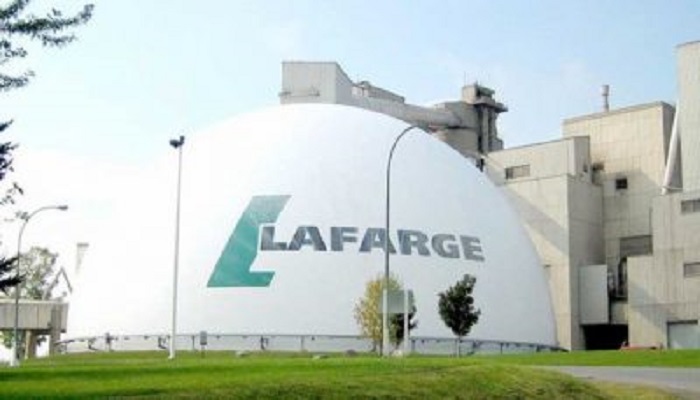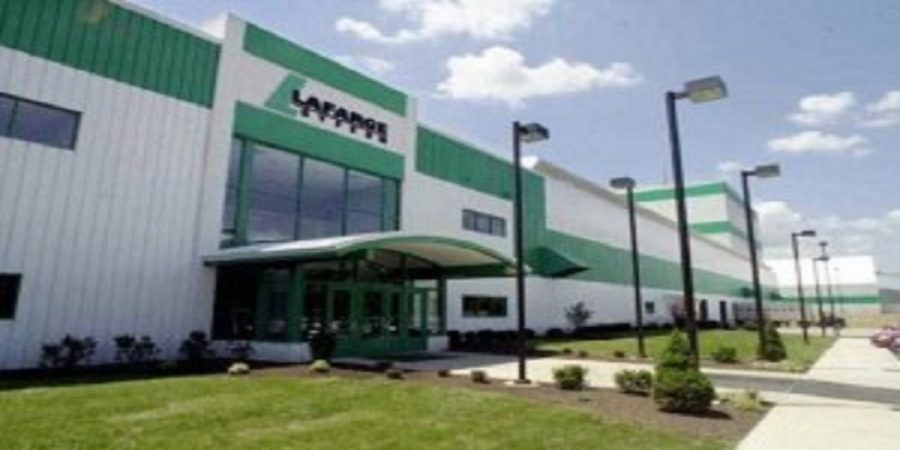A Nigerian cement company, Lafarge Africa, has concluded the transaction for divestment of its South African subsidiary, Lafarge South Africa Holdings. The decision to offload the subsidiary was approved last month by the company’s shareholders.
Lafarge Africa finalised the sale with an exchange of documents as specified in the Share Purchase Agreement at a meeting held on Wednesday, a statement published on the website of the Nigerian Stock Exchange (NSE) disclosed.
According to the statement, the approval was granted on July 22 during the company’s 60th Annual General Meeting (AGM).
[READ ALSO: It’s time to break Nescafe’s two-decade grip on Nigeria’s coffee market]
Who is the buyer? Lafarge South Africa Holdings was sold to Lafarge Holcim. The latter was the parent company of the South African subsidiary before Lafarge Africa acquired it in 2014 to expand its footprint on the continent. Lafarge Holcim is the seller’s majority shareholder.
Why sell back to Lafarge Holcim? The company took advantage of the proximity to beat time. Searching for another buyer would have been a waste of time for them. Lafarge Holcim’s renewed interest in Lafarge South Africa Holdings helped shorten the time-space to search for an investor willing to acquire the company.

Why the company is offloading: The company had bought Lafarge South Africa Holdings to expand but post-acquisition period in South Africa didn’t go as planned as the country’s cement sector became less unfriendly resulting to the following:
- South Africa’s slide into recession;
- increase in competitors;
- beginning of importation of cement in South Africa; and
- increase in the price of cement price peaked
All of these didn’t exist before the acquisition, and these economical factors affected the growth of the South African subsidiary. Although Lafarge South Africa picked up later, the possibility of another weak period in the cement market encouraged the offload.
[READ ALSO: Day-light robbery behind Apapa gridlock]
What you need to know: Lafarge Holcim acquired the South African subsidiary for $316.2 million. The capital was in turn used to offset debts of $293 million and accrued interest of $23.2 million to Caricement BV.
What this means: The payment of debt owed to Caricement BV means that the seller doesn’t have any foreign currency debt on its books with the only debt being “the N33.6billion corporate bond due for redemption in June 2021 and N16.0 billion on Central Bank Of Nigeria Intervention loans through the Bank of Industry,” the statement added.












